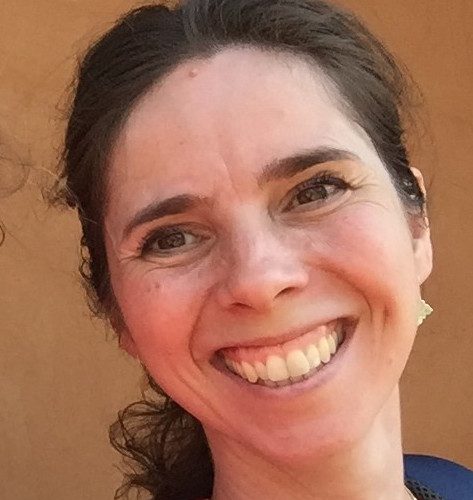FEMI Foundation: from the Netherlands the case of a family foundation working for social good
We met in Baarn Liesbeth Nagelkerke-Mulder, Director of the FEMI Foundation - an expression of family philanthropy that has been working first-hand since 1995 to implement an effective operational practice in its countries of intervention
26 February 2018

Could you please describe the evolution and the challenges on the path that led the FEMI Foundation from being the design of a philanthropic family to becoming a professional and strategic organization?
The founders of FEMI, Ruud and Annelies Bakhuizen, started granting NGO’s in a direct way about 30 years ago. They experienced that NGOs, like UNICEF, they choosed to work with were not quite open for re-discussing the way they worked through an entrepreneurial lens – while Ruud and Annelies were looking for an open dialogue so that not only money but also knowledge could be transferred both ways. There seemed to be little flexibility.
In that time Ruud and Annelies were one of the first entrepreneurial philanthropists in the Netherlands and their way of giving grants and sharing knowledge was quite new.
After years of trying but not succeeding in a satisfactory way, they decided to set up their own foundation: FEMI Foundation. It took years to find and build strong relationships with local NGOs in 7 countries in the world. In the years that followed many volunteers joined the organisation to strengthen the activities done by the partners. Ruud and Annelies decided that this was the time to professionalise the organisation so that also in the long run their mental legacy could be secured. A director was hired and procedures were set up with one strong obligation: flexibility and entrepreneurship should not be lost.
What is the Foundation’s approach to social impact assessment?
Our approach is to work in a holistic way for villages, by villagers themselves and through their own initiative. Therefore, each village and partner has its own approach, which mostly entangles lots of activities in different themes like Education, Health, Infrastructure Income generation etc. That is why impact assessments are very difficult to do, and are mostly done by visiting the projects yearly and of course by receiving regularly progress reports. At the moment we are working on a new policy of evaluation and monitoring through Sara Kinsbergen, a professional in this area in The Netherlands and we plan to do research with Effective Giving about the effective impact of our projects.
You provide grants but also loans and equity through your fund Zero-Kap. Which are the main benefices to go beyond the grant system?
We do soft loans through Zero-Kap while equity and related means with the aim of social impact and independency are implemented through the Social Investment branches of the family business (Hooge Raedt Social Venture). By granting holistic activities in (rural) villages we aim to reach a stronger level of wellbeing. Higher income and stimulating local economy are an important factor in this model. We believe that stimulation of local economy can best be done through loans, and in later stages even equity instead of granting or soft loans. In this way we are able to put in the best means at the right time with the highest impact and most durable results.
Which are the plans for the future and the challenges that lay ahead?
Our plans for the future are to further improve the mechanism of granting/loaning/investing at the right moment. Also we will do more on evaluation and sharing this and our 25 years of built knowledge with our partners. The challenges ahead differ in every country, sometimes it’s the government, sometimes the partner, sometimes the communication within our own organisation. We will meet these challenges all on a handmade manner and have a stray confidence to overcome them and succeeding.

